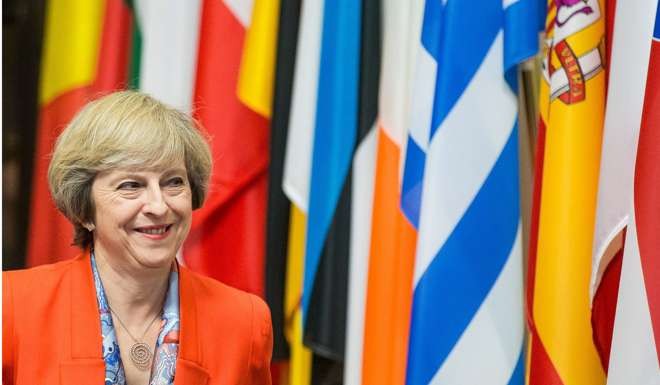
UK court decision is likely to delay Brexit – and that’s not a bad thing
Andrew Hammond says the ruling requiring lawmakers’ oversight of Brexit is good news as they can weigh up the trade-offs in negotiations

UK Prime Minister Theresa May asserted on Sunday that she will deliver Brexit “in full” despite a judicial challenge. Last week, the High Court found that the government has no authority to trigger Article 50 – the provision that will commence Brexit negotiations – without prior approval from Parliament. While the government will appeal against the ruling, some Brexiteers are already concerned that the UK’s EU departure could be derailed. But the significance of the decision is that it sets rules of the process that May and her ministers will have to follow as they attempt to implement the results of the June Brexit vote.
In doing so, the court has upped the chances that Article 50 will not be triggered until after the March deadline that the prime minister had previously set. It has also raised the possibility of a snap general election in 2017, three years before the next scheduled ballot.
May’s government had seemed intent on steamrolling Article 50 in a way that could further polarise the nation. If anything, the court ruling is a welcome reminder that she should try to seek a national consensus around the terms of the UK’s separation.
The UK’s exit strategy is likely to benefit from greater parliamentary involvement. Parliament will help try to ensure an exit from the EU that maintains high living standards and prosperity while, at the same time, delivering on the political need for stronger controls over immigration. This balancing act, which will be difficult to strike given the EU’s commitment to the four freedoms of goods, people, capital and services over borders, remains at the heart of the dilemmas May faces, and Parliament can help her weigh up the trade-offs in negotiations.

May has resisted stronger parliamentary involvement in the Brexit process because it will mean that she is no longer in control. First, the court decision increases prospects of a significant delay in triggering Article 50. Second, unless the Supreme Court overturns the High Court decision, there is now also a greater chance of the UK opting for a “softer” Brexit. Third, the court decision also raises the prospect of a public referendum to approve any post-Brexit agreement with the EU, and some polls now show that most now support EU membership.
Given such a tricky political context, May could well decide to engineer a snap election in 2017. Elections are never without risk, of course, but May would be strengthened by a mandate for her Brexit negotiating strategy, and it would also be very useful for her to boost her current slim majority in the House of Commons.
Andrew Hammond is an associate at LSE IDEAS (the Centre for International Affairs, Diplomacy and Strategy) at the London School of Economics